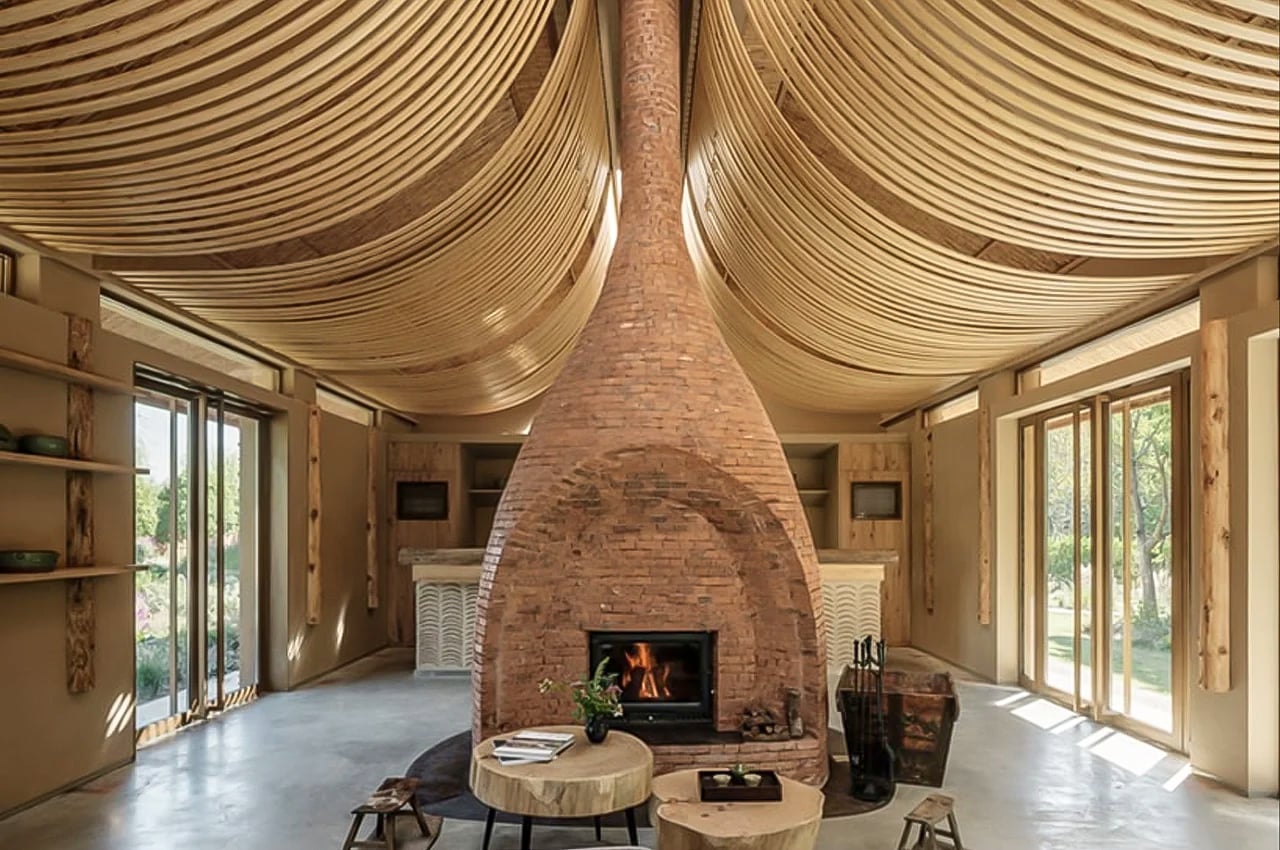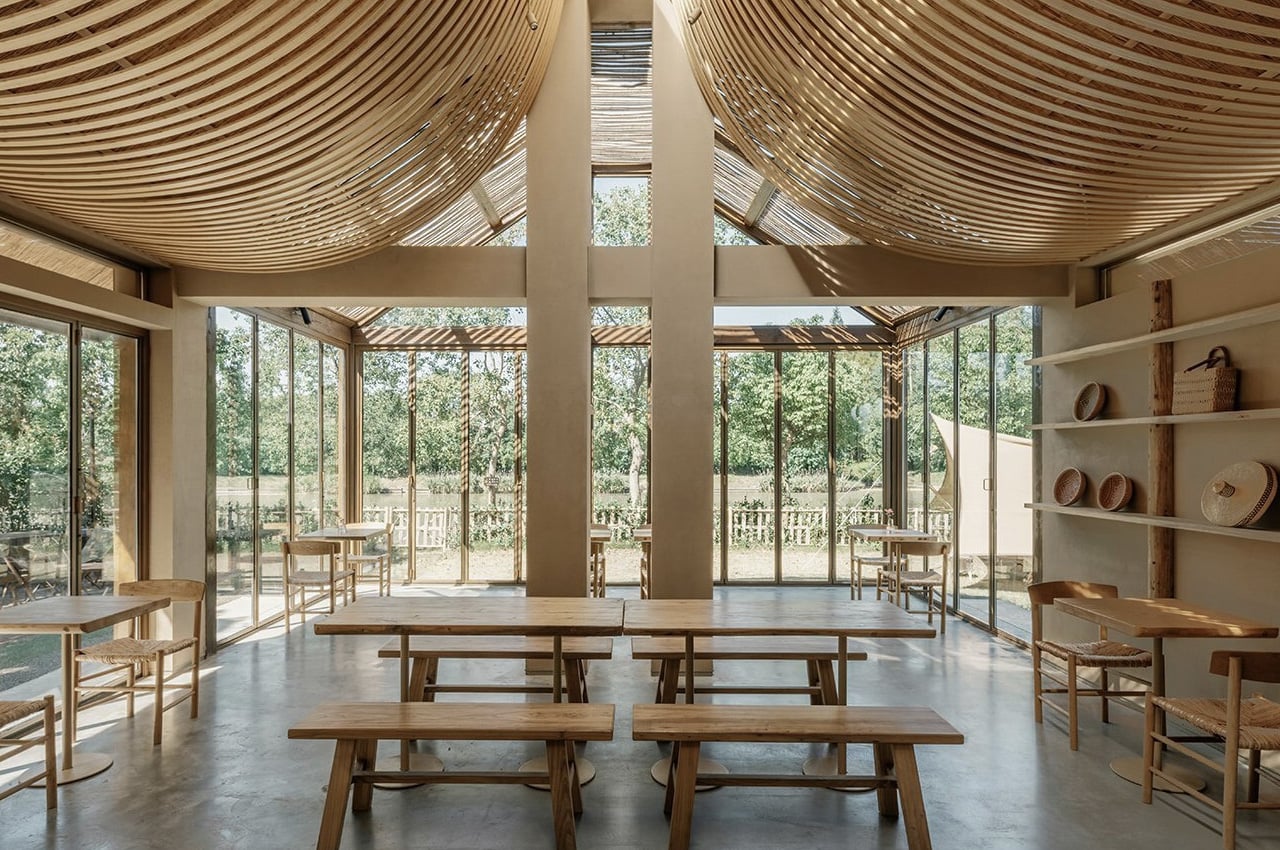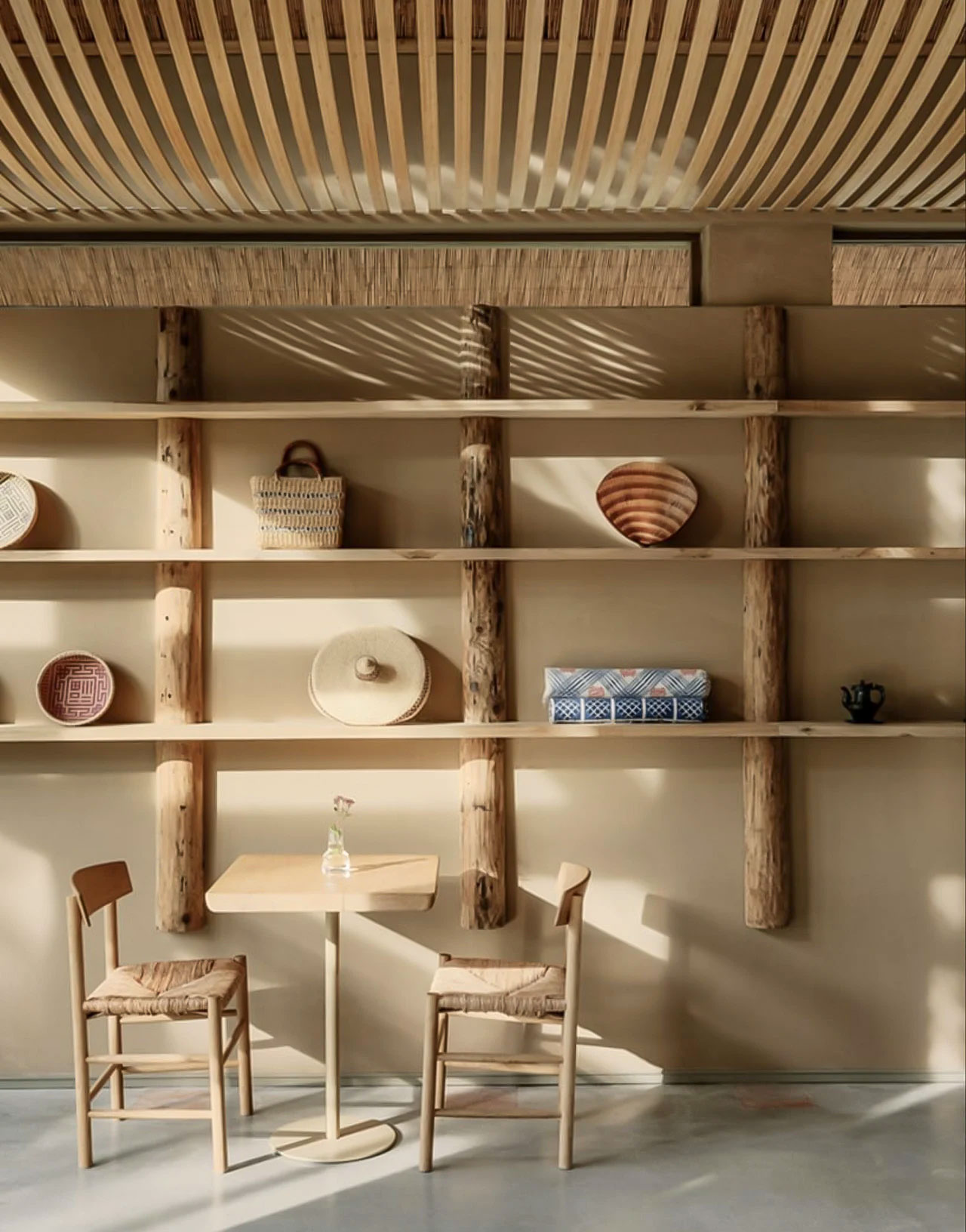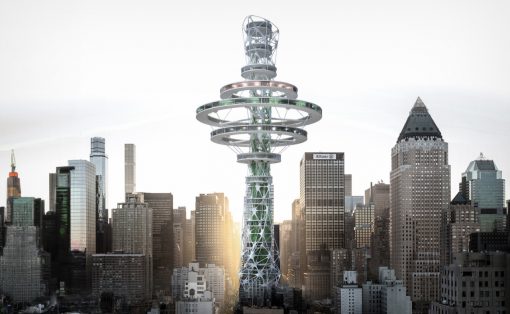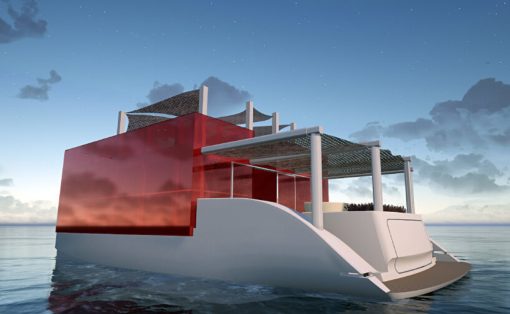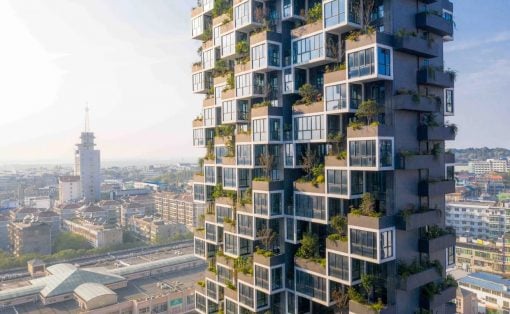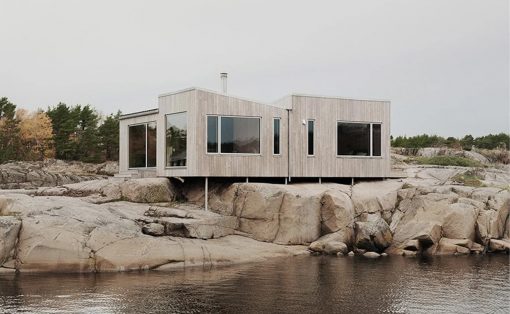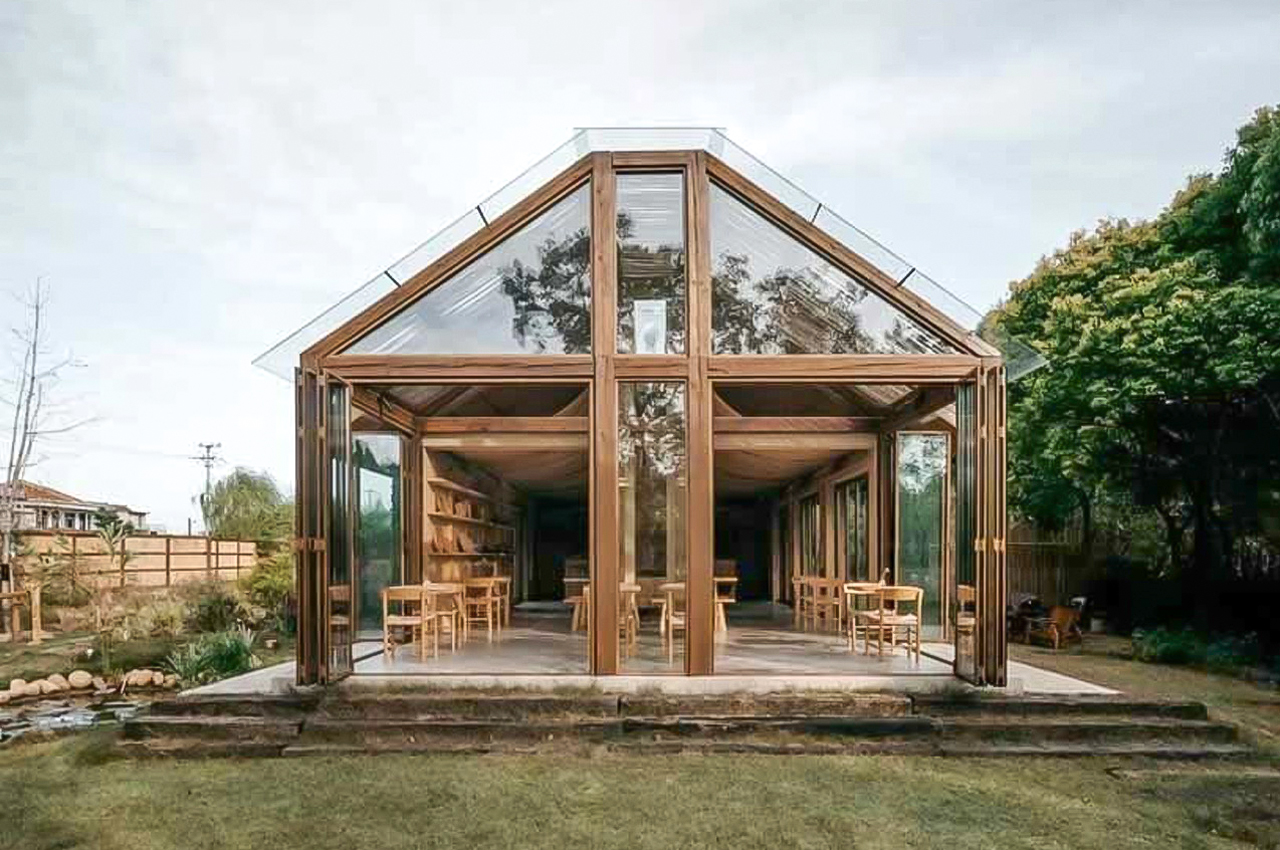
Chinese design studio RooMoo transformed a pre-existing building into a hostel on the Chongming Island of Shanghai. Called the ‘SOM LAND’, the hostel is named after the traditional Chinese color of warm green, which makes a reference to the gaps found in between tree shadows, and is a tribute to a slow-paced life. The construction of the hostel involved the utilization of local customs and handicrafts and caused minimum damage to the surrounding land. In fact, it incorporated the surrounding environment into the architectural scheme.
Designer: RooMoo
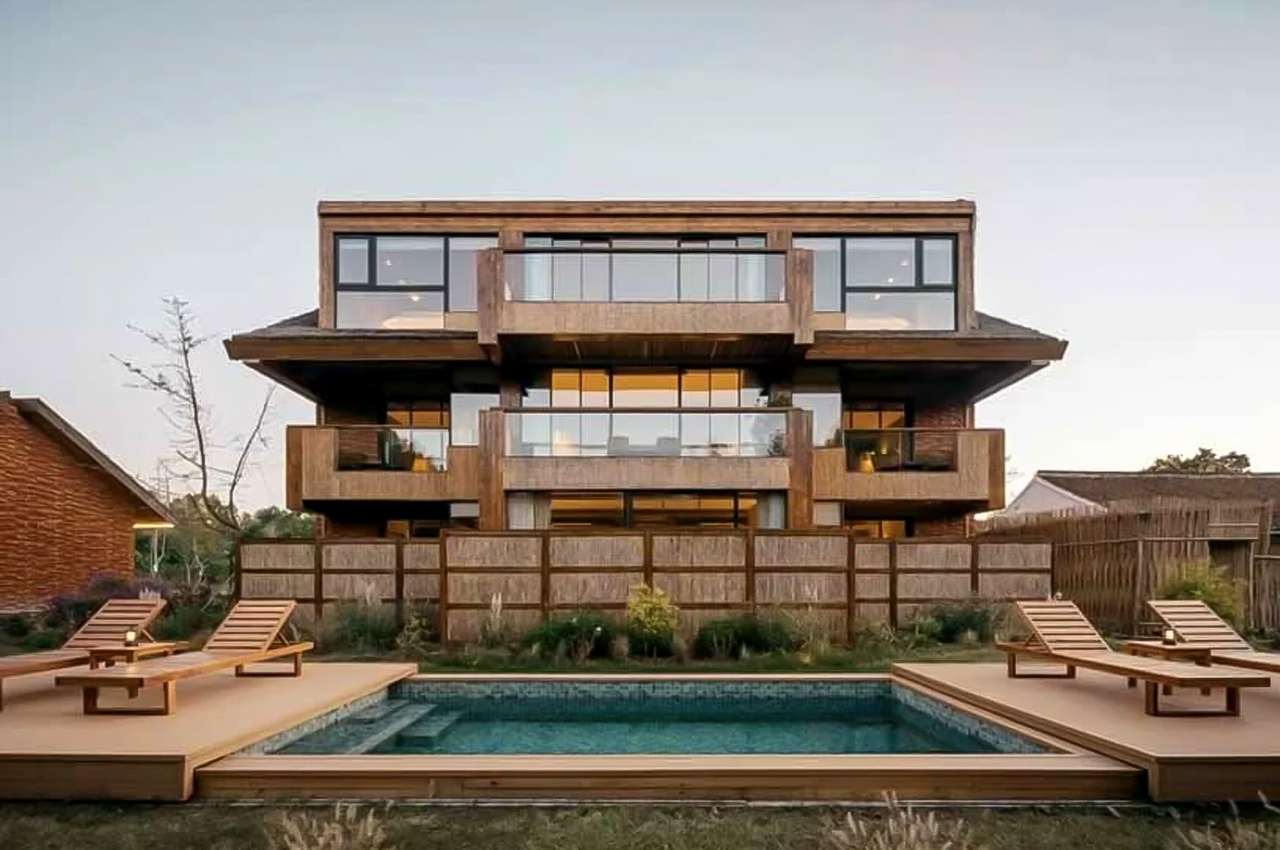
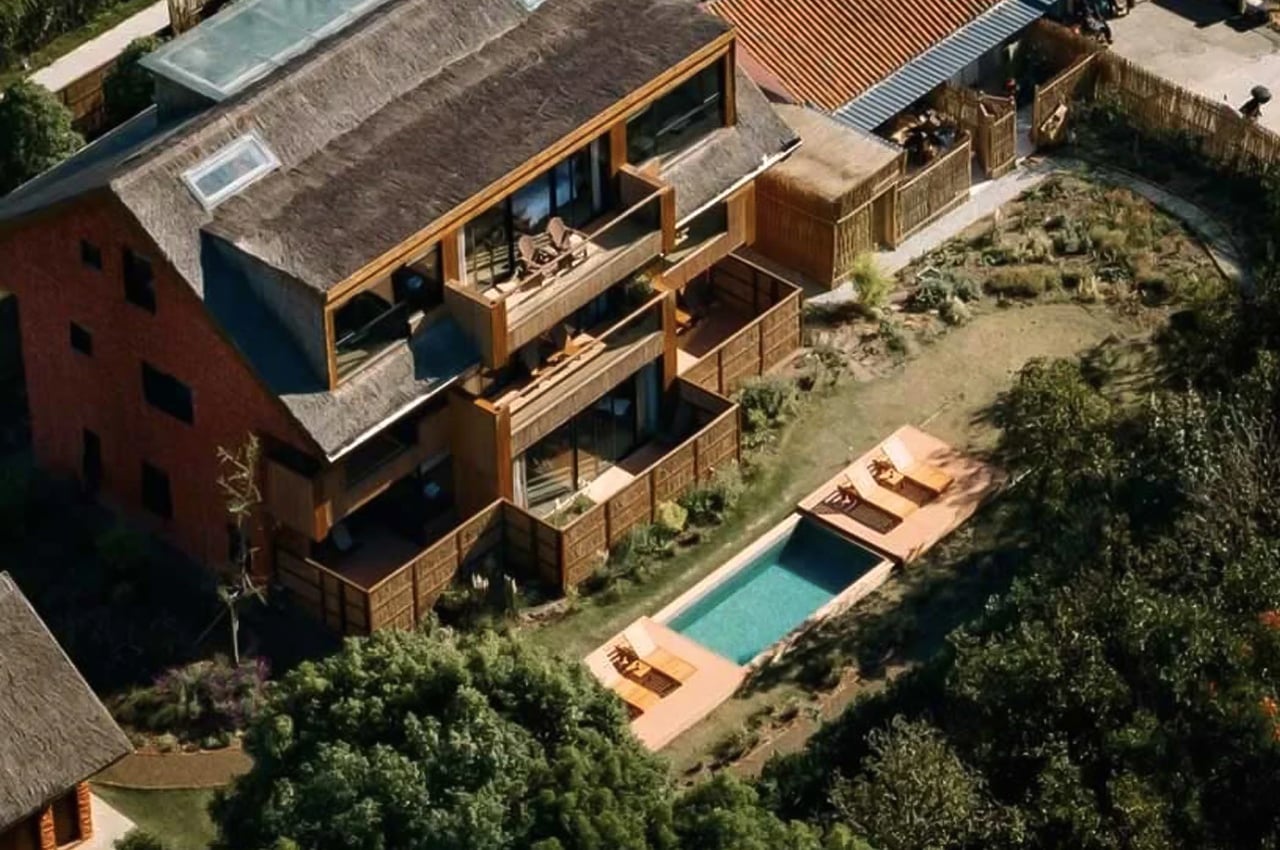
The resort space was built while maintaining a solid connection to nature. It is located in between the Laoji Port and Hongmei Road, surrounded by water on both sides. To incorporate sustainability into the structure, it was built using recycled old wood boards, wasted red bricks, tree branches, reed bundles found on the site, and bamboo and other locally sourced and discarded materials. A ‘protective renovation plan’ was adopted by RooMoo studio while planning and constructing the hostel. They reconstructed the two pre-existing old buildings, in turn facilitating spatial optimization.
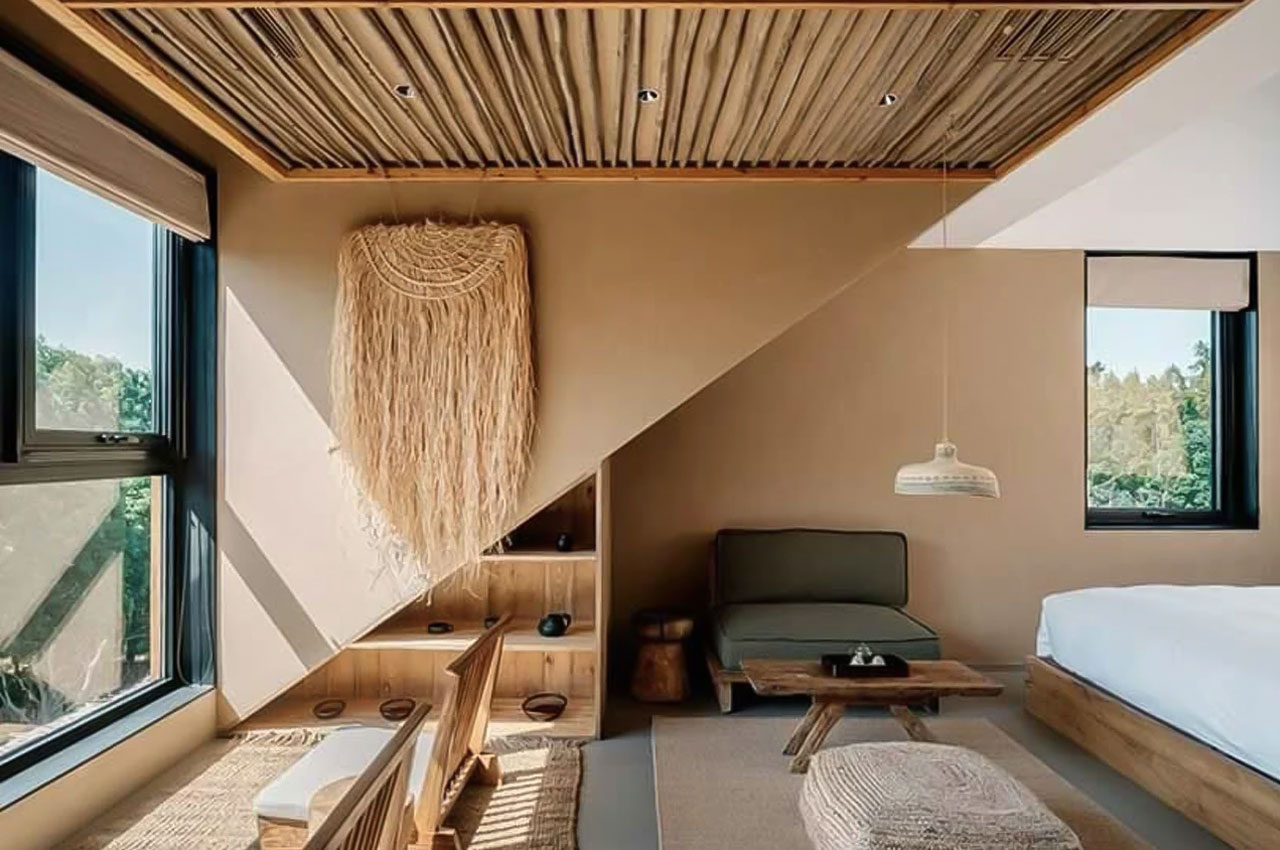
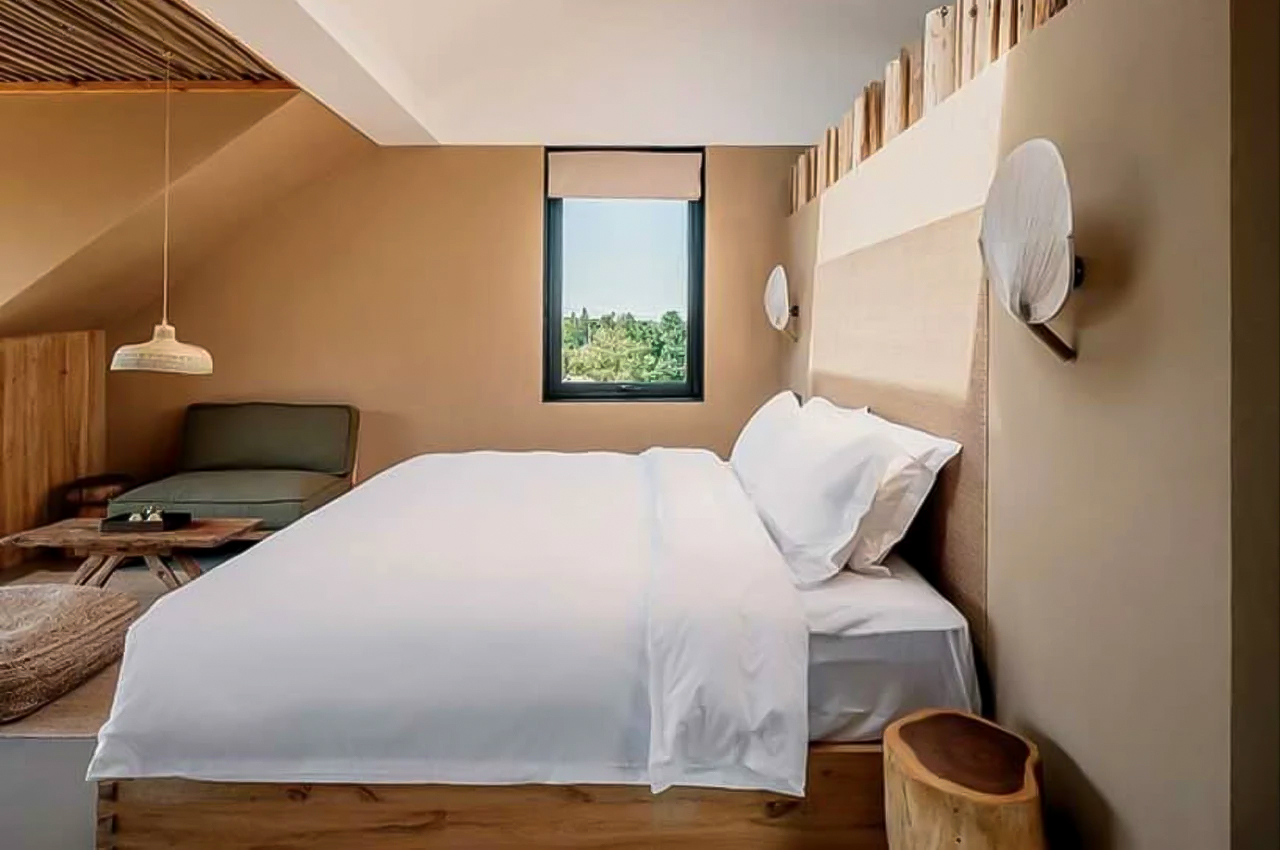
The original structure’s height and vertical shadow range were maintained, however, a certain level of rearrangement was done to create three storeys. The number of floors, the layout, and the position of the main staircase of the interiors were adjusted. Innovative design strategies were adopted to increase the number of floors without expanding the structure vertically. In fact, a skylight of transparent glass and steel frame is placed on top of the common zone, allowing natural light to be distributed everywhere.
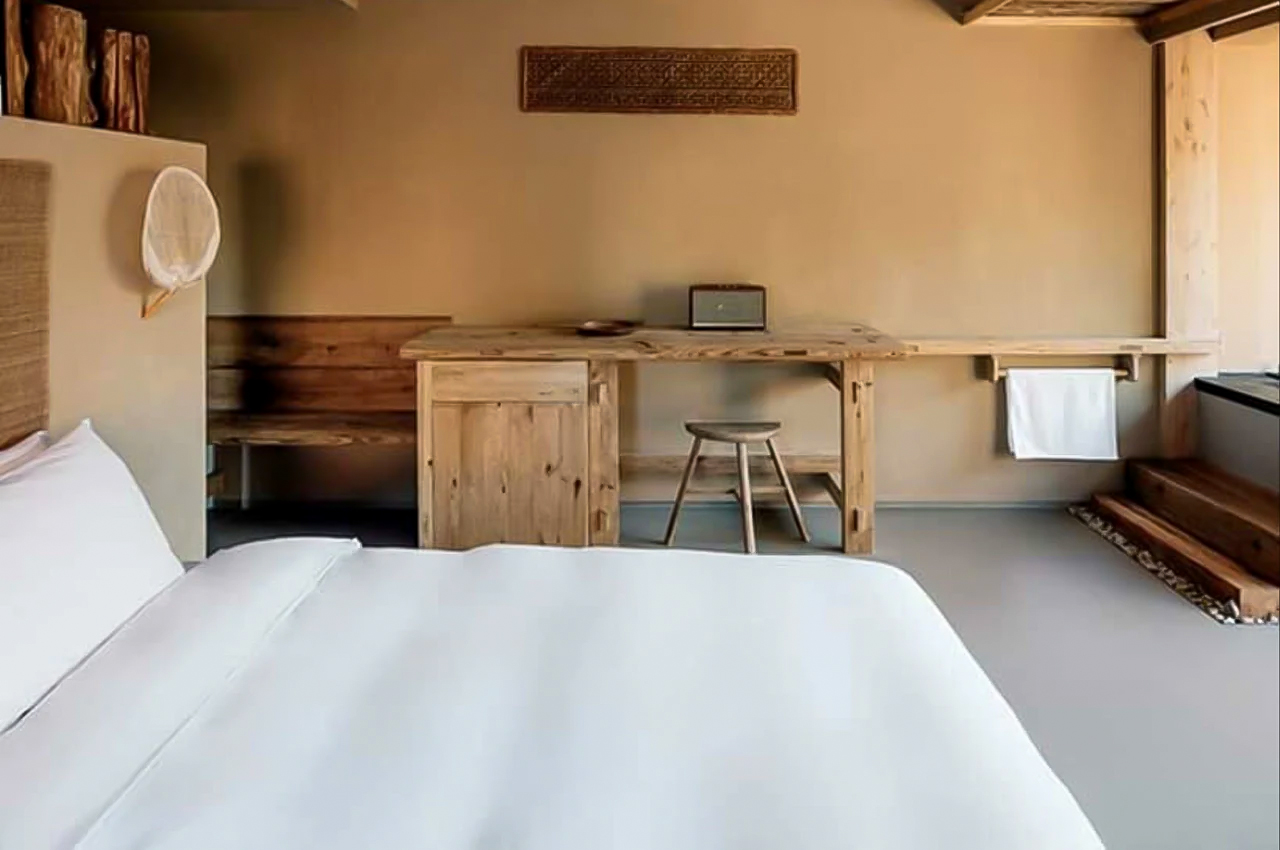
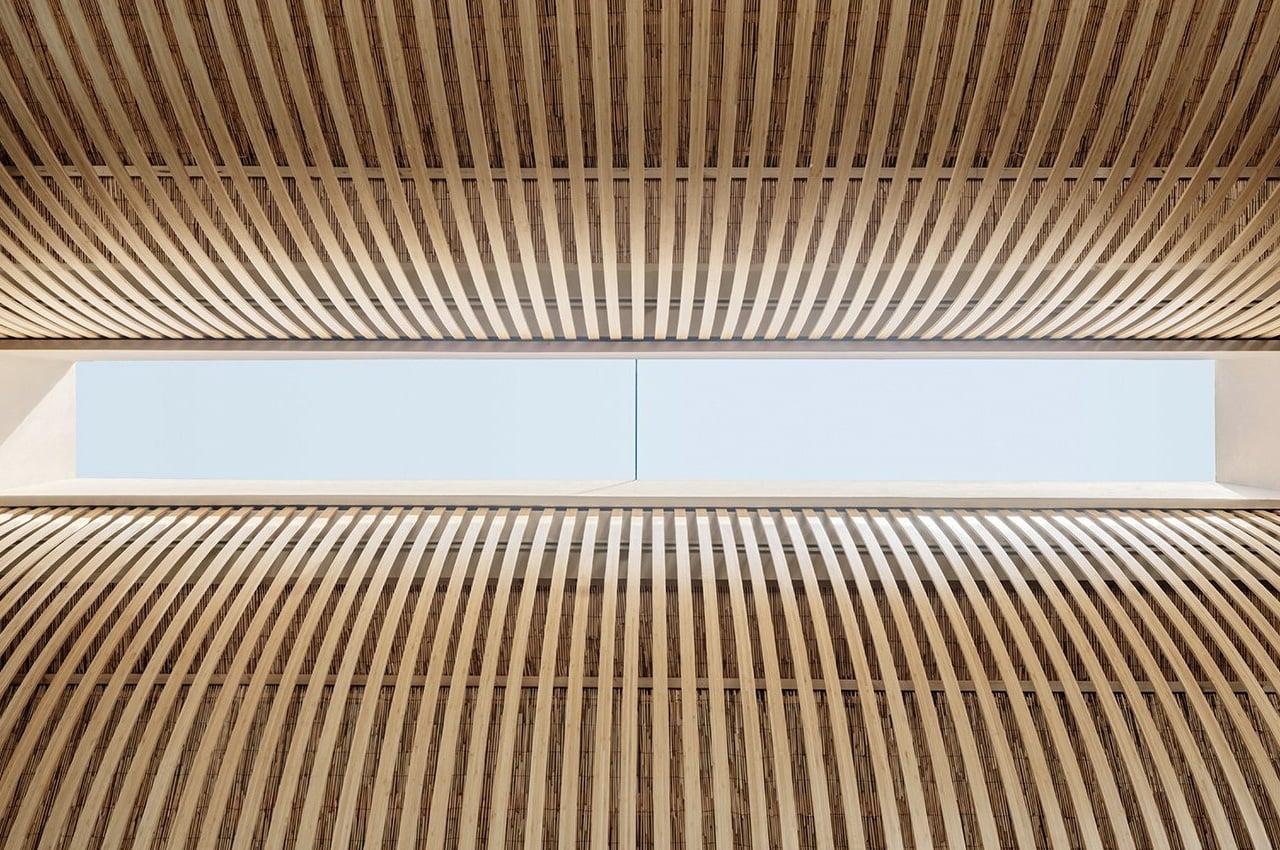
A new multi-functional zone was added to the hostel. This includes a kitchen, a dining area, two bathrooms, and a reception. An interesting feature of the hostel is an innovative fireplace made from repurposed bricks, which are placed underneath a curved bamboo ceiling. The curved bamboo used to build the ceiling imparts the interiors with a rather warm and welcoming vibe. Materials such as recycled bricks, tree branches, natural clay paint, and wood from the original building were used to construct the hostel.
